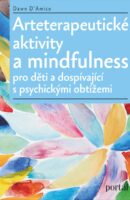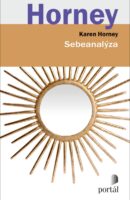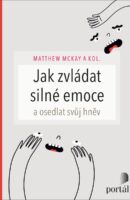Kerstin Balkow, Peter Erath
Medailon autorů:
Kerstin Balkow, Master’s in Social Work, is a senior lecturer at the Catholic University of Eichstätt-Ingolstadt. Her main subjects are social work theories and counselling. Since 2013 she is a visiting lecturer in France and Finland. She is doing a PhD at the University of Lorraine (France), working on a comparative analysis of social work in France and Germany.
Prof. Dr. Peter Erath is a professor at the Catholic University of Eichstätt-Ingolstadt. His research areas include social work theories and concepts, European social work and social work management. Since 2000 he is a visiting professor at several European universities and since 2010 Professor of the “Faculty of Social studies” at the University of Ostrava (the Czech Republic) too.
Anotace:
Base systematic research in this paper argues that even if there are many social work practitioners, scientists and students of the opinion that research in this field is of little use, we shouldn’t be so pessimistic. Far from it, the authors are of the opinion that both intuitive and rational thinking and decision making are equally important for a practice which – in order to avoid mistakes and prejudices – must rely on “fast thinking” as well as on “slow thinking”. Against this background the paper firstly works out the deficiencies of both epistemological approaches and then argues for a constructive relationship between practical and scientific thinking in social work. German and international examples of good research practice demonstrate the usefulness of a broad knowledge base in social work for practice and decision making. Finally, the paper summarizes the main preconditions which are necessary to realize a new relationship between social work practice and research.
Klíčová slova:
social work research and practice, research methods, evidence based practice, practical and scientific thinking, knowledge acquisition, fast and slow thinking, quality of research
s. 25–34






